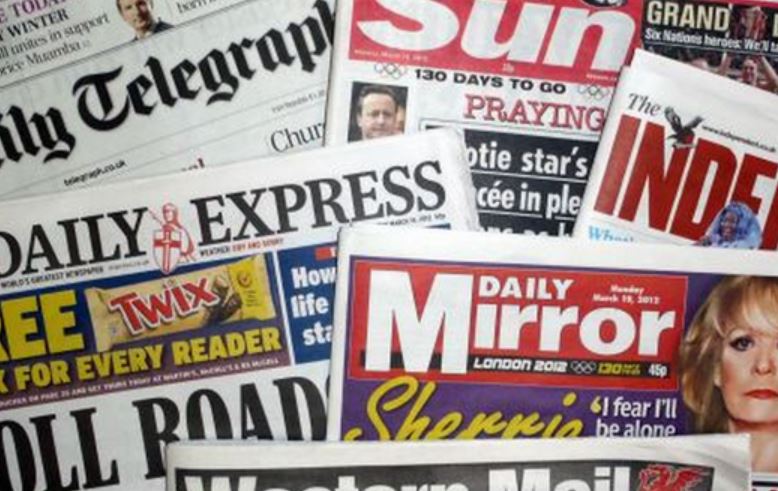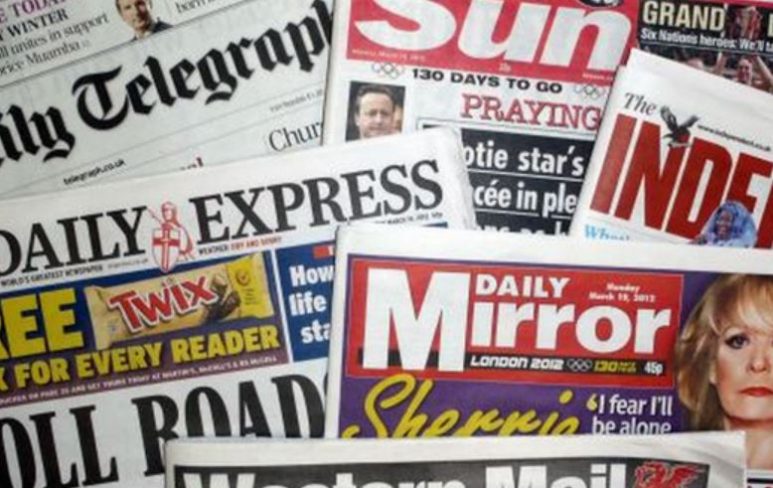Published: 16 October 2013
Country: UK
by Aidan White


It has been almost a year since the Lord Justice Brian Leveson made his lacerating criticism of unethical and criminal behaviour by some newspapers which he said “can wreak havoc” on people’s lives. The Leveson Report called on the press to clean up its act and they unanimously agreed to do so, but the progress towards reform has been glacial.
Politicians, editors and press owners have become bogged down in argument over how the law will be used to supervise a new self-regulator which is to replace the discredited Press Complaints Commission.
An all-party deal was reached to establish an oversight body by Royal Charter, but the press dismissed this idea and came up with its own version of a Royal Charter and watered-down powers of supervision.
Now this option has been rejected by Parliament and although politicians are ready to negotiate a new plan with press owners the industry is refusing to talk. Deadlock looms.
The latest developments come on the back of an avalanche of coverage (and sympathy) for Labour leader Ed Miliband in his row with DMG, formerly Associated Newspapers, over the company’s recent treatment of the legacy of his dad Ralph Miliband (“The Man Who Hated Britain” – Daily Mail). This attack was deliberately timed to ambush people calling for press reform as the issue resurfaced in Parliament.
In the midst of all this there is a growing fear that the major victims of tabloid bias and bigotry – migrants, asylum seekers, gays and vulnerable minorities – will remain targets of a poisonous news agenda dominated by stereotypes and political bias against Europe and foreigners.
Miliband’s defence of his father became a cause for all-party hand-wringing. Although the Daily Mail was entitled to raise the issue, its tasteless coverage had a range of centre-right politicians holding their noses.
Their outrage was understandable, but it is in stark contrast to the political silence which has followed the numerous instances of inaccurate, sensational and malicious press coverage of migrants, ethnic minorities, and so-called benefit cheats over the years.
In his report Leveson was strong in his condemnation of the politically-driven bias against migrants and asylum seekers and other minority groups. It was as trenchant as his high-profile attack on the culture of phone-hacking, but this section of his report was largely ignored by most of the media.
The abusive treatment of migrants in Britain still continues, but gets a rare mention in the press or on the political stage. A powerful expose by The Observer about sexual abuse at the infamous Yarl’s Wood Detention centre just outside London last month was a welcome exception, but it got scant coverage in other newspapers and hardly registered on the political radar.
Yarl’s Wood has been a focus of scandal since it opened 12 years ago. There have been riots, fires, naked protests and hunger strikes by immigration detainees and widespread allegations of racism, abuse and violence from detainees.
Although migrants and minority rights activists have been campaigning vigorously against abusive treatment of its 900 inmates and despite the abundance of reports from activists and medical bodies over the conditions at the centre, it is a story that rarely told by mainstream media.
It also barely registers on political radar, not least because politicians on all sides fear the tabloid press will accuse them of being “soft” on migrants and asylum seekers if they raise concerns.
This may also explain why Ed Miliband and his Labour Party colleagues have not put the appalling treatment of minorities at the heart of their critique of the press.
A section of the British press has got used to peddling lies over migrants and other minorities with impunity. And they are not about to change.
Attempts to put a spotlight on the grotesque distortions of tabloid newspapers in this area are rare but a powerful piece this week by The Guardian’s Aditya Chakrabortty gives some overdue perspective on the Miliband controversy and the failure of campaigners for press reform to focus on the decades-long scourge of tabloid mistreatment of minorities.
Any new body set up to monitor the press will have no credibility unless it is prepared to focus attention on the egregious abuse of vulnerable and marginalised groups by some tabloid newspapers.
One solution might be for the PPC Mark Two to publish an annual report of media performance in reporting on stories that could lead to discrimination against migrants, refugees, asylum-seekers and others.
Such a review would test the bold declarations of press owners and editors that they have learned from their mistakes and are ready for change in the wake of the Leveson Report.
But the bickering over Royal Charters suggests we have a long way to go in some areas of journalism and politics to establish even the most basic respect for ethical standards.
